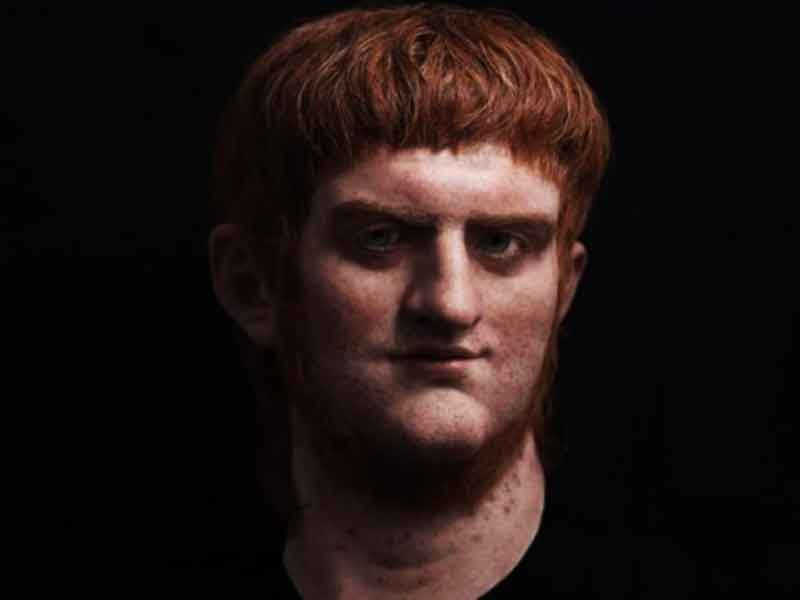Proud to introduce to you Emperor Nero
Nero
Nero Claudius Caesar Augustus Germanicus (born December 15, AD 37, in Antium – died June 9 or 11, AD 68, in Rome) was the fifth Roman emperor of the Julio-Claudian dynasty, ruling from AD 54 until his death in AD 68.
Historically, Nero has been infamous for allegedly setting fire to Rome and for rumors of heinous acts such as raping his mother. Ancient sources often portray him very negatively, though some Greek authors, like Pausanias, saw him as an example of Plato’s warning about corruption arising from flawed noble souls rather than ordinary people.
DOB
December 15, 377, in Antium
Last emperor
Of the Iulio-Claudian dynasty
Father
Gnaeus Dimitius Ahenobarbus
Early Life
Nero was born in Antium to Gnaeus Domitius Ahenobarbus, a member of a prominent republican family, and Agrippina the Younger, the daughter of Germanicus and sister of Emperor Caligula. His father died when Nero was three, and his mother was exiled by Caligula. After Claudius became emperor in AD 41, Agrippina returned to Rome, married Claudius in AD 49, and secured Nero’s adoption as heir between AD 50-51. Nero married Claudius’s daughter Octavia in AD 53. When Claudius died in AD 54, Nero, then 16, became emperor without opposition.
Reign as Emperor
Nero began by winning support with large donations to the Praetorian Guard and promising a return to Augustus’s principles. The Senate was granted more influence, and Seneca, a Stoic philosopher, served as Nero’s tutor and speechwriter, alongside the Praetorian Prefect Afranius Burrus.
Burrus. Nero’s early reign was marked by the suspicious poisoning of Britannicus, Claudius’s biological son, in AD 55. His mother Agrippina initially held great influence, but their relationship soured, culminating in her banishment and assassination in AD 59, likely by Nero’s order.
Nero’s behavior became increasingly erratic and brutal. He spent evenings roaming Rome, engaging in violence and theft, and formed controversial relationships, including marriages to his freedmen and the castrated boy Sporus.
Artistic Pursuits
Nero was passionate about music and performance, famously debuting as a singer and actor in Naples in AD 64 despite criticism of his voice. He staged elaborate recitals and poetry performances, often accompanied by the Praetorian Guard to maintain order. His love for Greek culture was evident, as he competed in and heavily influenced the Greek Games, securing victories through bribery and intimidation.
Personal Life and Marriages
After divorcing Octavia, whom he later had executed, Nero married Poppaea Sabina, who bore him a daughter who died in infancy. In AD 65, Nero killed Poppaea while she was pregnant and married Statilia Messalina. He also had a complex relationship with Sporus, whom he treated as a wife.
Nero summary
Nero Claudius Caesar Augustus Germanicus was a Roman emperor known for his tumultuous and controversial rule from AD 54 to 68. Born into imperial lineage, his reign combined cultural patronage and artistic ambition with cruelty, political intrigue, and the eventual collapse of the Julio-Claudian dynasty.

Content created by:
Alex Costin
Results driven services:
Digital Marketing
Need my expertise?
Contact me
No tracking cookies!
General information purposes only!
Business partners offers (backlinks):
Search Engine Optimisation agency:
SEO
Explore this city secret guide:
Barcelona
Outdoor recreational activity:
Canyoning
Wide range of financial services:
Chartered Accountant
Copyright © 2023-2025 Alex Costin